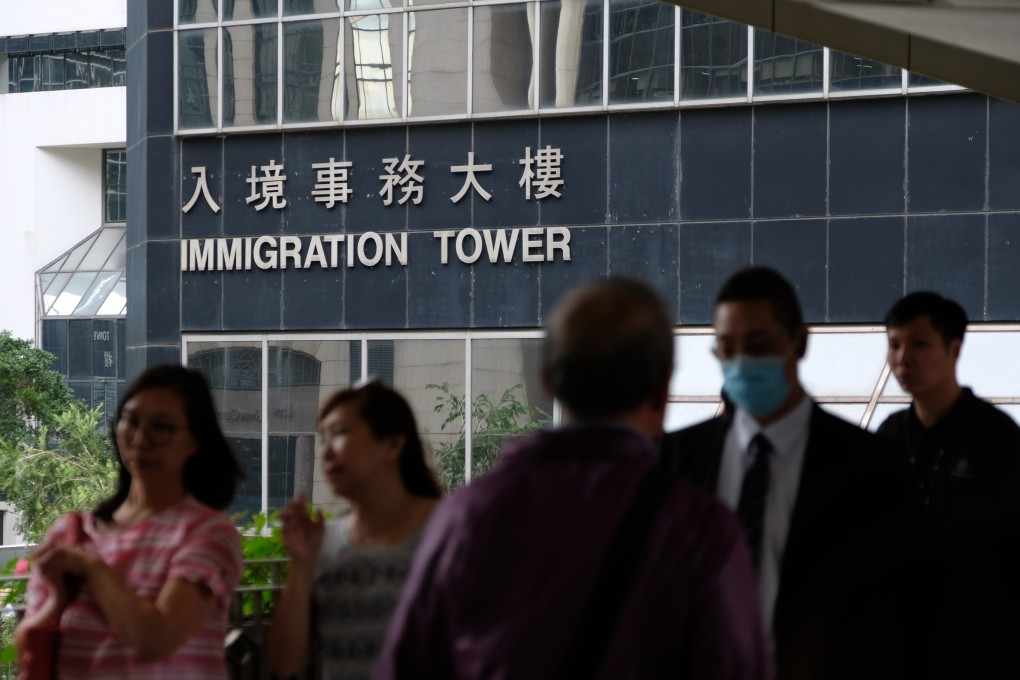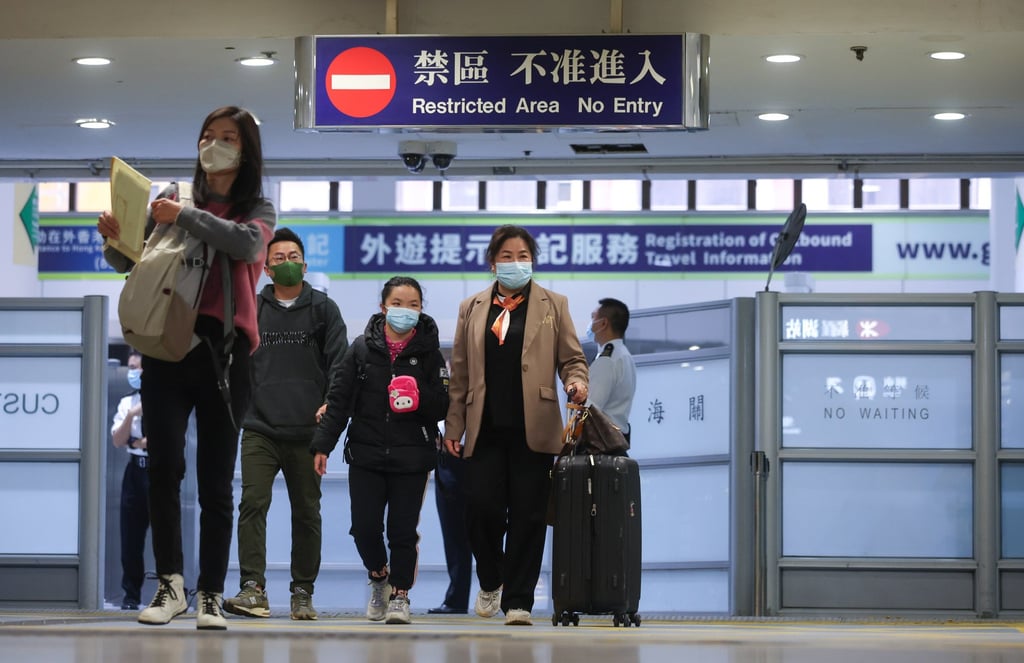Mainland Chinese women warned not to misuse talent scheme visas to have babies in Hong Kong
- Immigration officials say visitors could be barred from entry if purpose of trip not in line with declared reason
- Government issues warning after posts on Chinese online platform discuss use of top talent visa scheme to have babies in Hong Kong

Immigration officials have warned visitors could be barred from entry to Hong Kong if the purpose of their trip is not in line with the declared reason after some mainland Chinese women said they wanted to use a new talent visa scheme to give birth in the city.
The Immigration Department issued the alert just before midnight on Wednesday in the wake of online posts by some mainland women that they planned to give birth in Hong Kong through the new Top Talent Pass Scheme.
A department spokesman said officials had examined the practice of women from the mainland coming to the city to give birth and had boosted entry controls.
“The purpose of a visit of any visitors who enter Hong Kong should be consistent with their declared one, or otherwise they may be refused entry,” the department said.

The top talent scheme was launched by the government a few weeks ago in a bid to attract business high fliers and top graduates to plug the city’s brain drain.